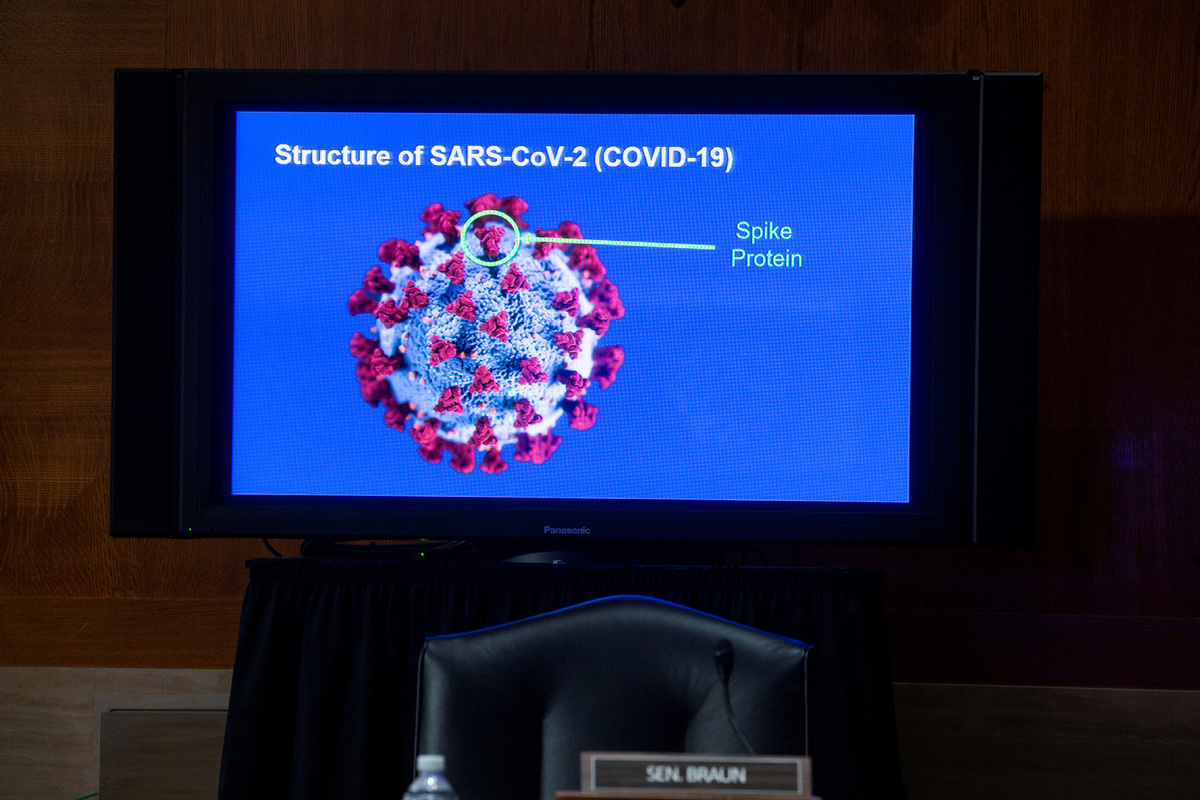Potential COVID-19 vaccines unaffected by mutation: Australian study


CANBERRA - Research by Australia's national science agency has found that potential vaccines for COVID-19 would not be affected by how the virus has mutated.
A study published by the Commonwealth Scientific and Industrial Research Organization (CSIRO) on Thursday has dispelled fears that vaccines would not be effective against multiple strains of SARS-CoV-2, the virus which causes COVID-19.
According to the study most candidate vaccines have been modelled on the 'D-strain' of the virus that was dominant at the outbreak of the pandemic.
However, the virus has since evolved into the 'G-strain', or 'D614G' mutation, which now accounts for 85 percent of SARS-CoV-2 genomes.
The CSIRO team tested both strains of the virus on the blood of ferrets that had been vaccinated with INO-4800, a candidate vaccine developed by Inovio Pharmaceuticals, finding that it was effective against both D- and G-strains.
"This brings the world one step closer to a safe and effective vaccine to protect people and save lives," Larry Marshall, the chief executive of the CSIRO, said in a statement.
"Research like this, at speed, is only possible through deep collaboration with partners both in Australia and around the world."
Lead author of the study, S.S. Vasan from the CSIRO's Dangerous Pathogens Team, said the findings were good news for hundreds of vaccines being developed around the world.
"Most COVID-19 vaccine candidates target the virus' spike protein as this binds to the ACE2 receptors in our lungs and airways, which are the entry point to infect cells," said Vasan.
"Despite this 'D614G' mutation to the spike protein, we confirmed through experiments and modelling that vaccine candidates are still effective.
"We've also found the G-strain is unlikely to require frequent 'vaccine matching' where new vaccines need to be developed seasonally to combat the virus strains in circulation, as is the case with influenza."

































